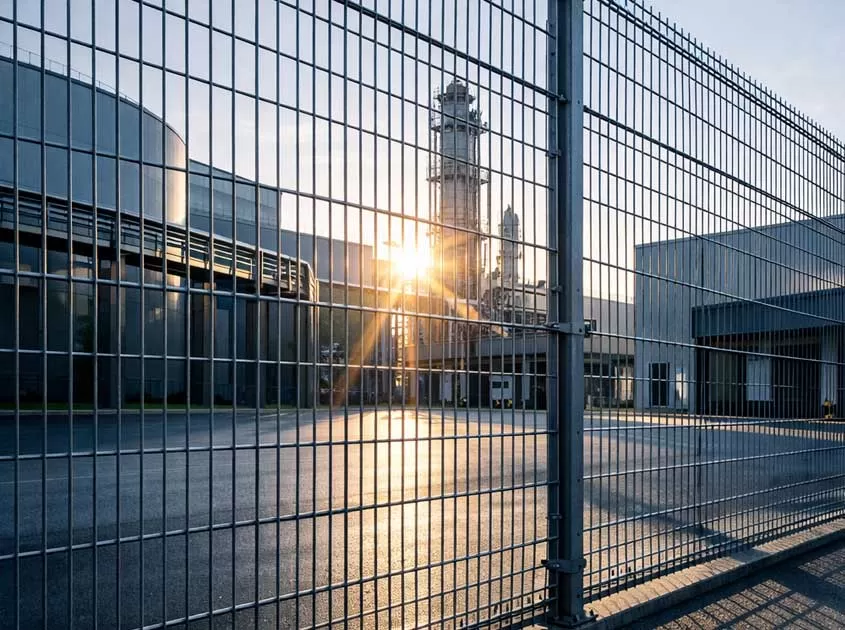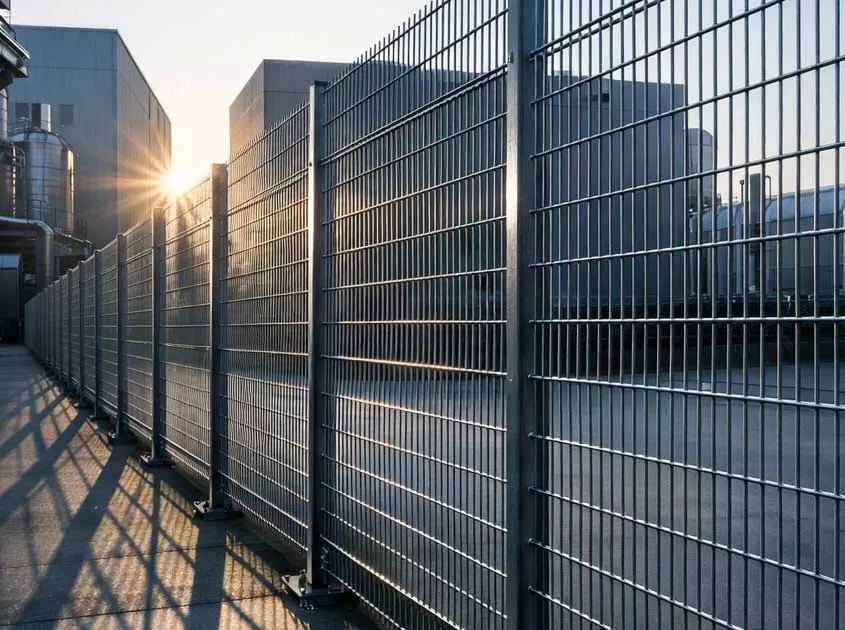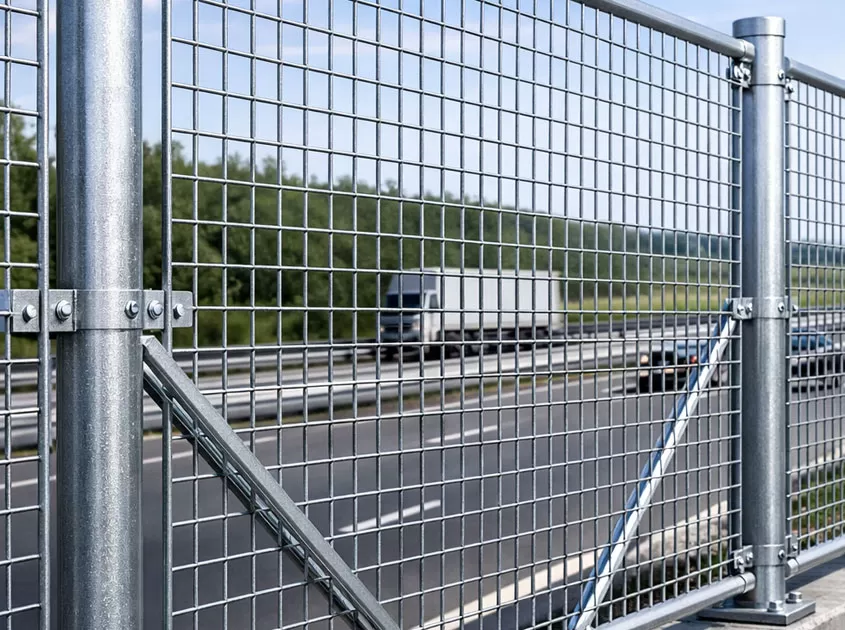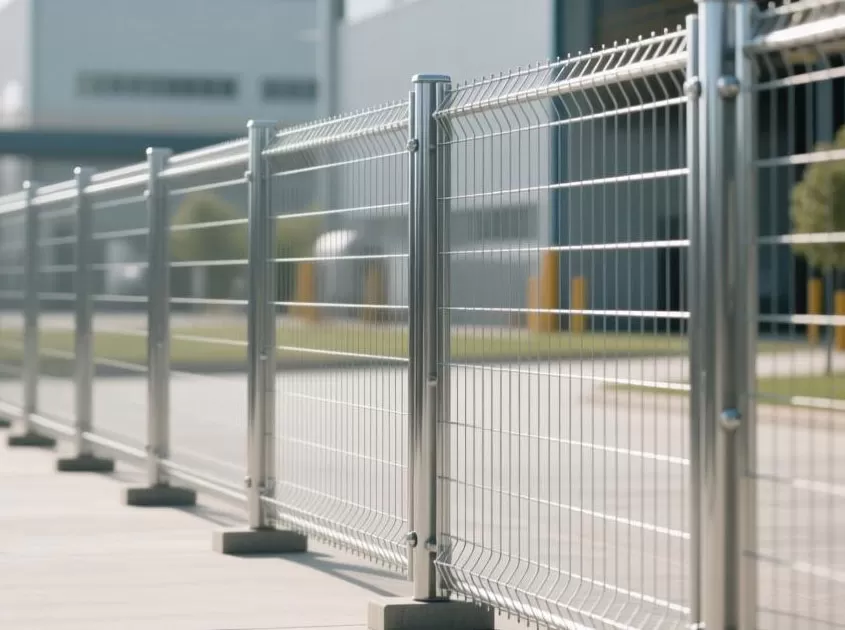A Strong Foundation: The Structural Advantages of Expanded Metal Mesh
Expanded metal mesh, a seemingly unassuming material, serves as the unsung hero behind some of the most remarkable structures in modern architecture and engineering. Its distinctive composition and unparalleled structural benefits have propelled it into the forefront of innovative design, offering architects and engineers a versatile canvas on which to build awe-inspiring creations. In this exploration of its structural advantages, we delve into the intricate world of expanded metal mesh and uncover the ways it forms a robust foundation for remarkable feats of construction.
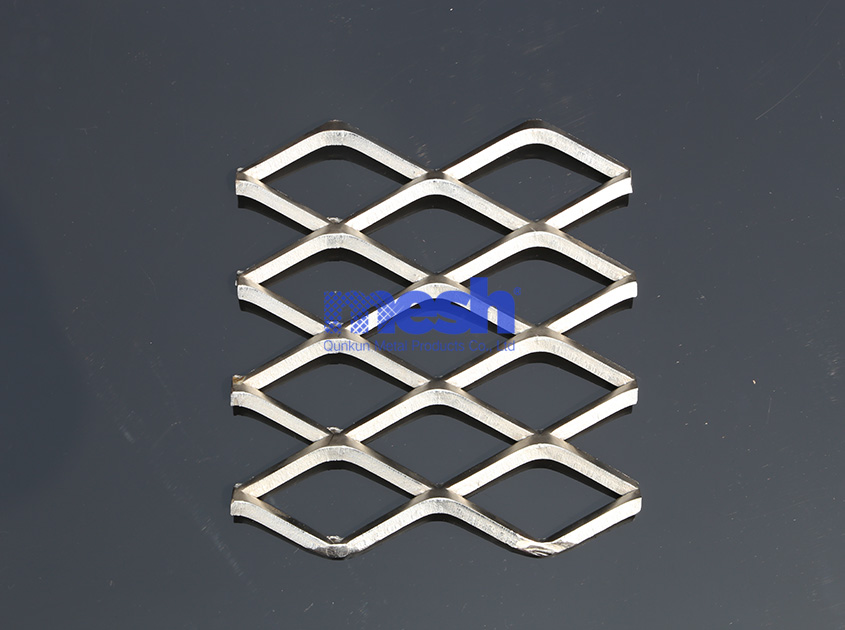
The Core of Composition
At its essence, expanded metal mesh is a product of precision engineering. Comprising a single sheet of metal meticulously slit and stretched, it transforms into an interconnected matrix of strands and apertures. This distinctive composition results in a material that is not only strong but remarkably lightweight, providing a unique combination of structural integrity and malleability.
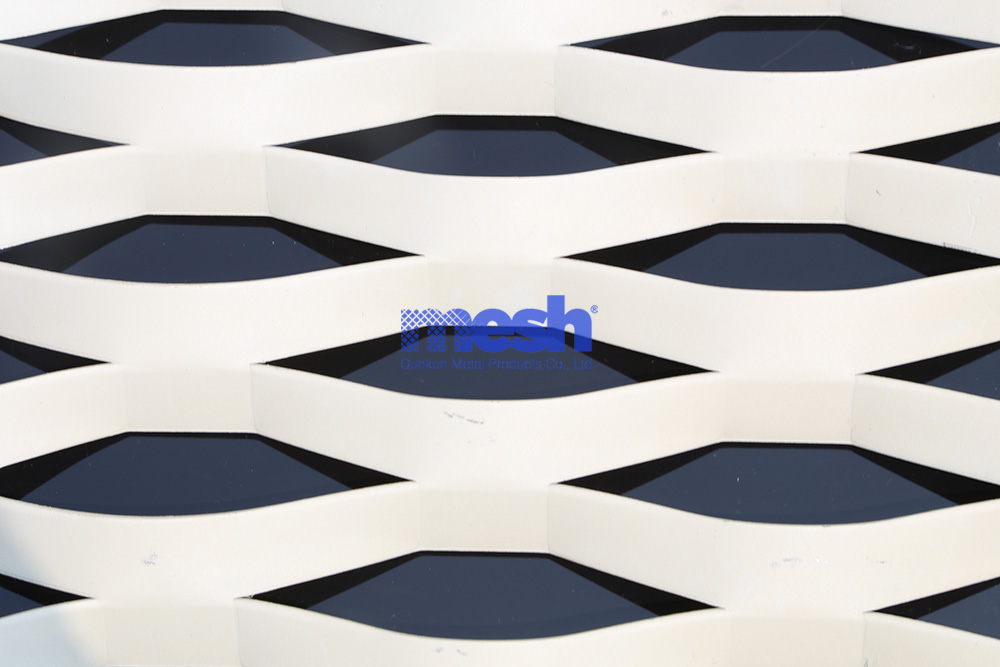
Unyielding Strength-to-Weight Ratio
One of the most remarkable features of expanded metal mesh is its exceptional strength-to-weight ratio. This inherent property stems from its ingenious design—its pattern of interconnected strands distributes weight and stress evenly, creating a web of support that belies its delicate appearance. This structural efficiency translates into cost savings during construction, reduced material consumption, and ultimately, the ability to create more ambitious and daring designs without compromising on safety.
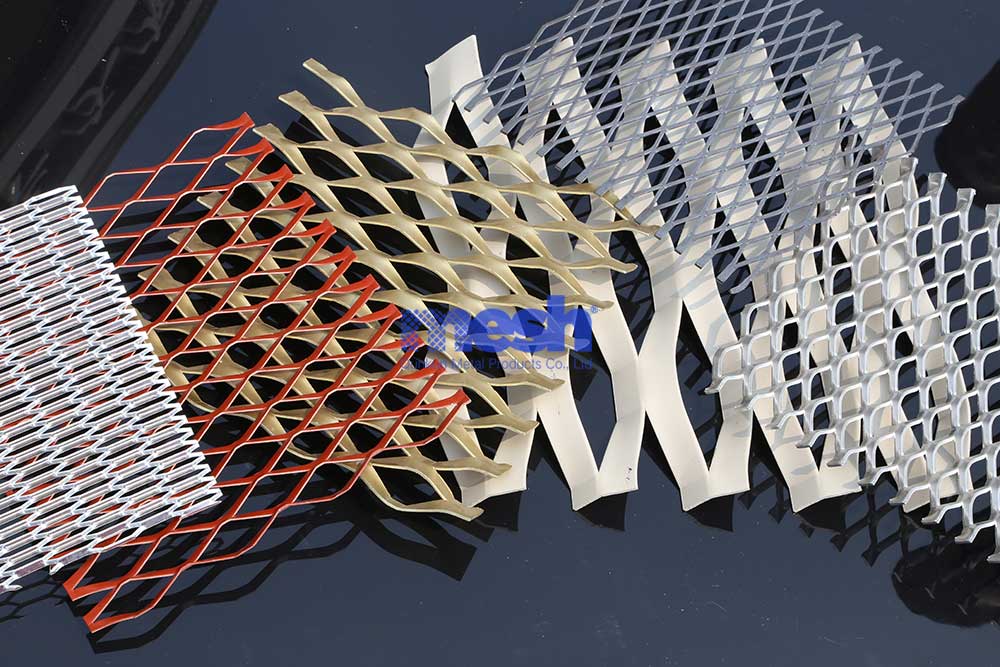
Architectural Marvels Achieved
From towering skyscrapers to intricate bridges, expanded metal mesh has been an instrumental component in bringing architectural visions to life. Its ability to span vast distances without sacrificing stability has empowered engineers to push the boundaries of what is possible in construction. Take, for instance, the elegantly swooping form of the Millau Viaduct in France. This cable-stayed bridge showcases the mesh's ability to provide both aesthetic allure and structural reliability, standing as a testament to the harmonious blend of form and function that defines modern design.
-
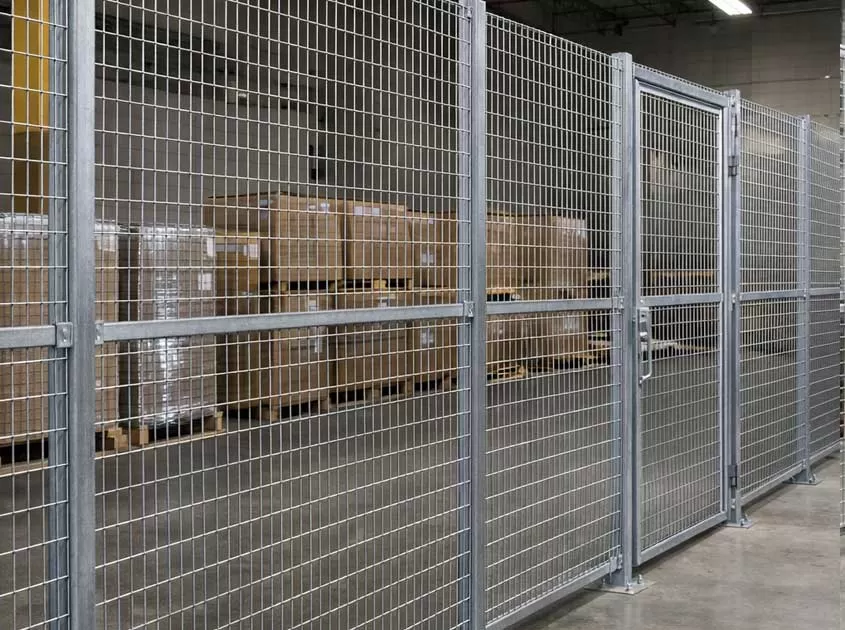 Best Welded Wire Mesh for South American Markets Feb 03, 2026
Best Welded Wire Mesh for South American Markets Feb 03, 2026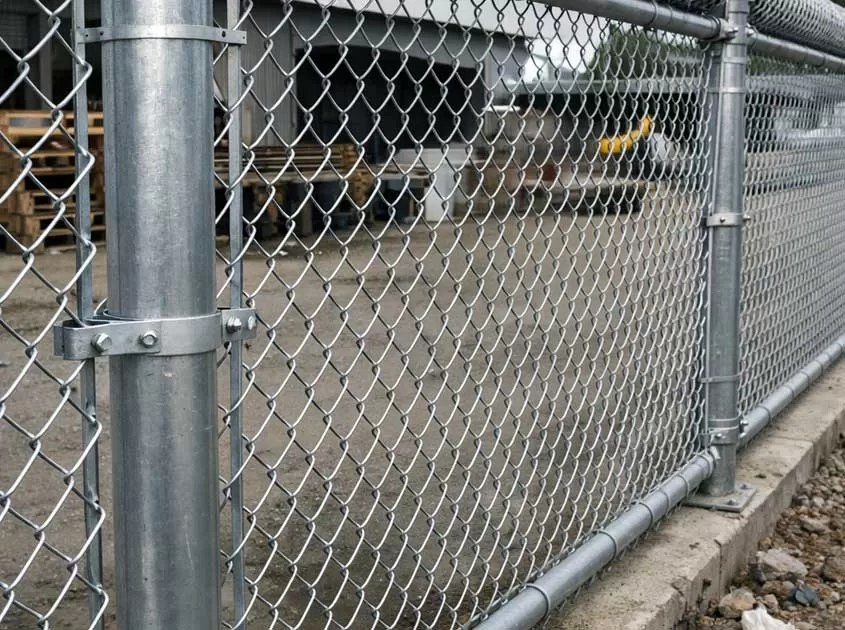 Why Galvanized Wire Mesh Is Popular in South America Jan 26, 2026
Why Galvanized Wire Mesh Is Popular in South America Jan 26, 2026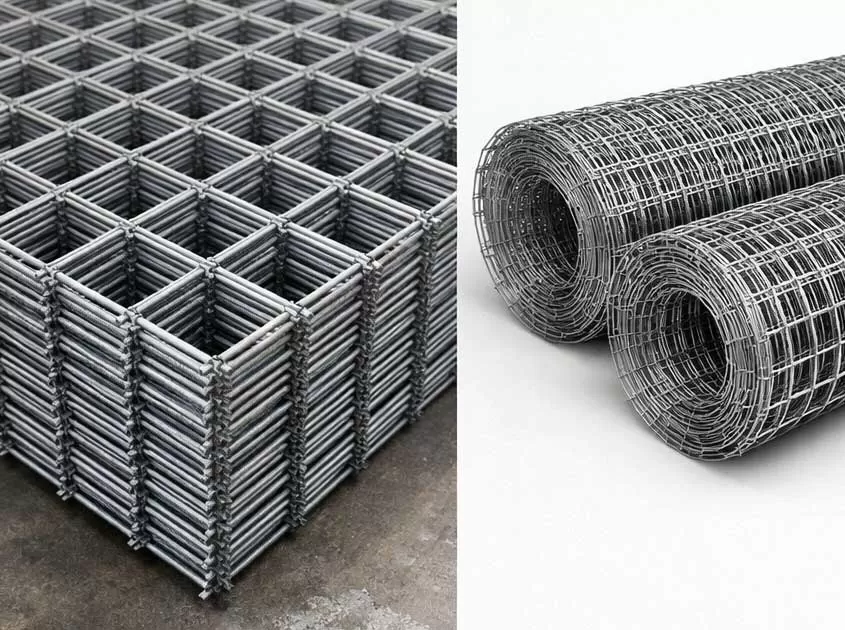 How to Check the Quality of Welded Wire Mesh Jan 16, 2026
How to Check the Quality of Welded Wire Mesh Jan 16, 2026

- Tel.: +86 311 83077076
- E-mail: sales@qunkunmetal.com
- Skype: qunkunsales01
- WhatsApp: 8618032412189
- Add.: No.69 The Filter Industrial Part of Anping, Hebei, China




